Automotive products: Market overview, data sources, and regional leaders
The automotive products market, spanning car and motorcycle parts, accessories, consumables, tools, and tires, is vast, resilient, and increasingly digital-first.
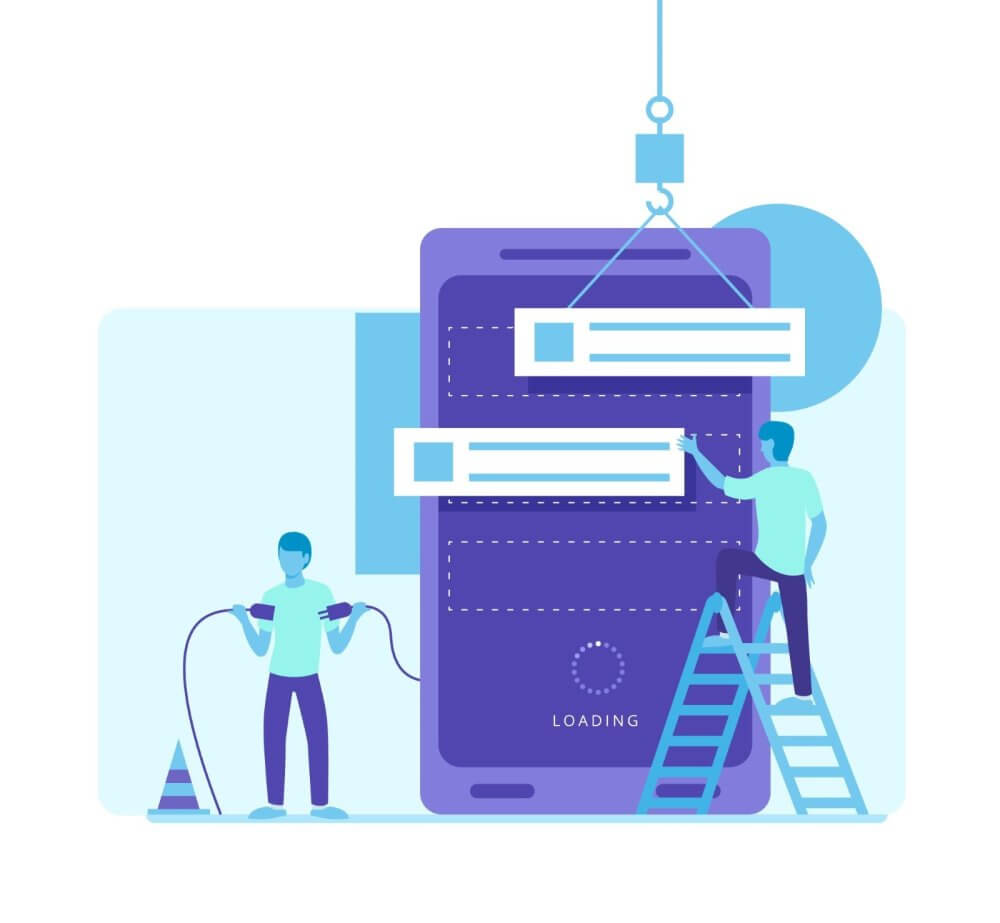
In today’s fast-paced digital economy, data is power. Leading brands are turning to specialized web scraping companies like SSA Group to harvest the online information they need to stay ahead. Whether it’s gaining a competitive edge or fueling innovation, companies across industries rely on data scraping to drive insights, automation, and customer-centric strategies.
This blog explores the top use cases for web scraping data, highlighting how global companies leverage it, the benefits of data scraping services, and what makes web scraping essential to modern business.
One of the most common use cases for web scraping data is competitor price monitoring. For industries such as retail, hospitality, travel, and ecommerce, pricing is highly dynamic. A web scraping company enables brands to automate the collection of price data across multiple competitors and marketplaces.
Example table: Competitor price comparison using web scraping
| Product | Your Price | Competitor A | Competitor B | Competitor C |
| Bluetooth Earbuds | $39.99 | $37.99 | $40.99 | $36.50 |
| Smartwatch 5X | $199.00 | $189.00 | $195.50 | $199.99 |
| Gaming Laptop X1 | $999.99 | $1,049.00 | $1,029.50 | $999.00 |
A web scraping company like SSA Group ensures the data is extracted cleanly and efficiently from even the most complex sites.
Successful brands must understand market trends and consumer behavior. Market research with web scraping allows businesses to collect public data from blogs, news sites, forums, and social media platforms.
For example, a fashion brand might scrape Pinterest boards and Instagram posts to understand trending colors, styles, and influencer collaborations. This form of automated market research is more cost-effective and scalable than traditional surveys.
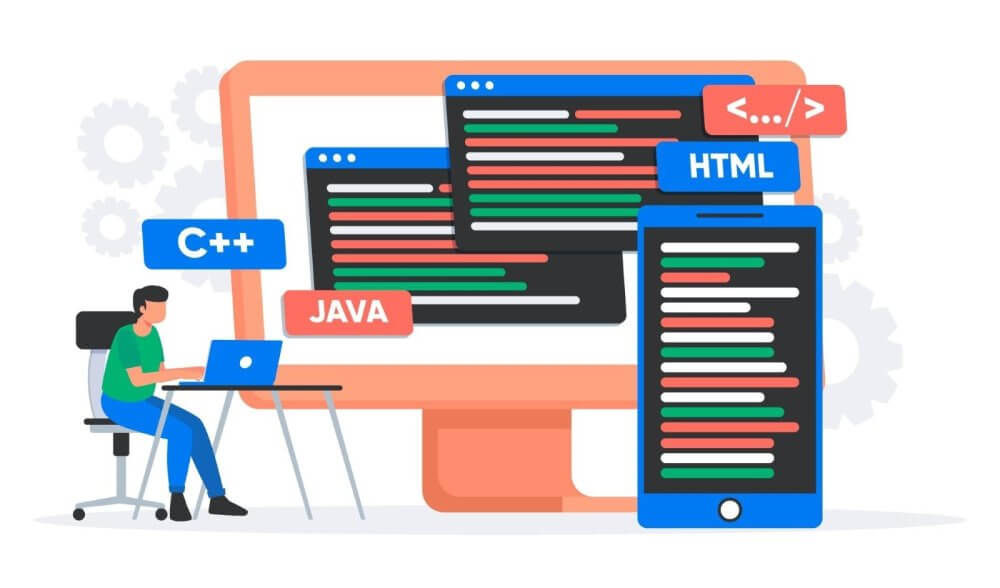
Ecommerce data extraction is a game-changer for online retail. It helps brands collect structured data about products, categories, descriptions, and customer reviews from competitor sites, marketplaces, or distribution platforms.
Web scraping is extensively used in finance. Hedge funds, investment firms, and insurance companies rely on web data to build predictive models and understand market dynamics.
These insights fuel better trading decisions, risk analysis, and strategic planning. When traditional data channels are too slow, scraping public financial content can be an advantage that sets firms apart.
How brands use web scraping also extends to generating leads. Companies scrape business directories, social media profiles, and event listings to build targeted lead lists.
Top brands are highly protective of their reputation. Web scraping allows them to monitor brand mentions across the internet in real-time.
With this intelligence, brands can manage PR crises, respond to negative feedback promptly, and track the impact of campaigns.
Businesses can also scrape job portals like Indeed or LinkedIn to collect hiring trends in their industry.
Airlines, hotels, and booking platforms rely on scraping for up-to-date travel data:
This ensures they remain competitive and can react swiftly to market demand or sudden changes, such as those due to weather or global events.
While many tools exist for DIY scraping, partnering with a specialized web scraping company like SSA Group offers:
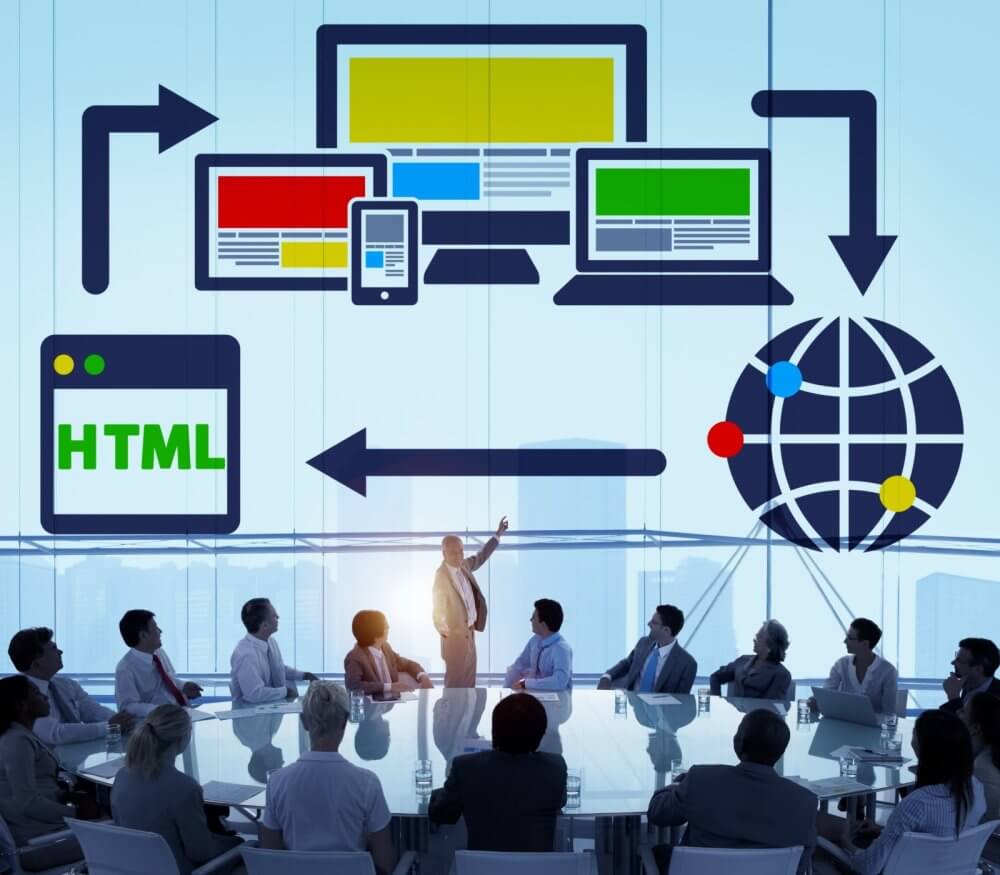
Data is the new oil—and web scraping is the drill. From pricing strategies to product development, from marketing to HR, the use cases for web scraping data are nearly endless. Top brands understand that web data isn’t just a tool; it’s a strategic asset.
Whether you’re a retailer, financial analyst, SaaS provider, or recruiter, working with a top-tier web scraping company like SSA Group can transform your decision-making with fresh, actionable insights.
Q1. Is web scraping legal for commercial use? Yes, as long as it involves publicly available data and complies with data protection regulations like GDPR and CCPA. A reputable web scraping company ensures ethical and legal practices.
Q2. How do brands use web scraping to improve their SEO? By extracting high-ranking keywords, meta descriptions, and competitor content, brands can enhance their SEO strategy and improve search visibility.
Q3. What industries benefit most from web scraping services? eCommerce, finance, recruitment, travel, and digital marketing are among the top industries benefiting from data scraping services.
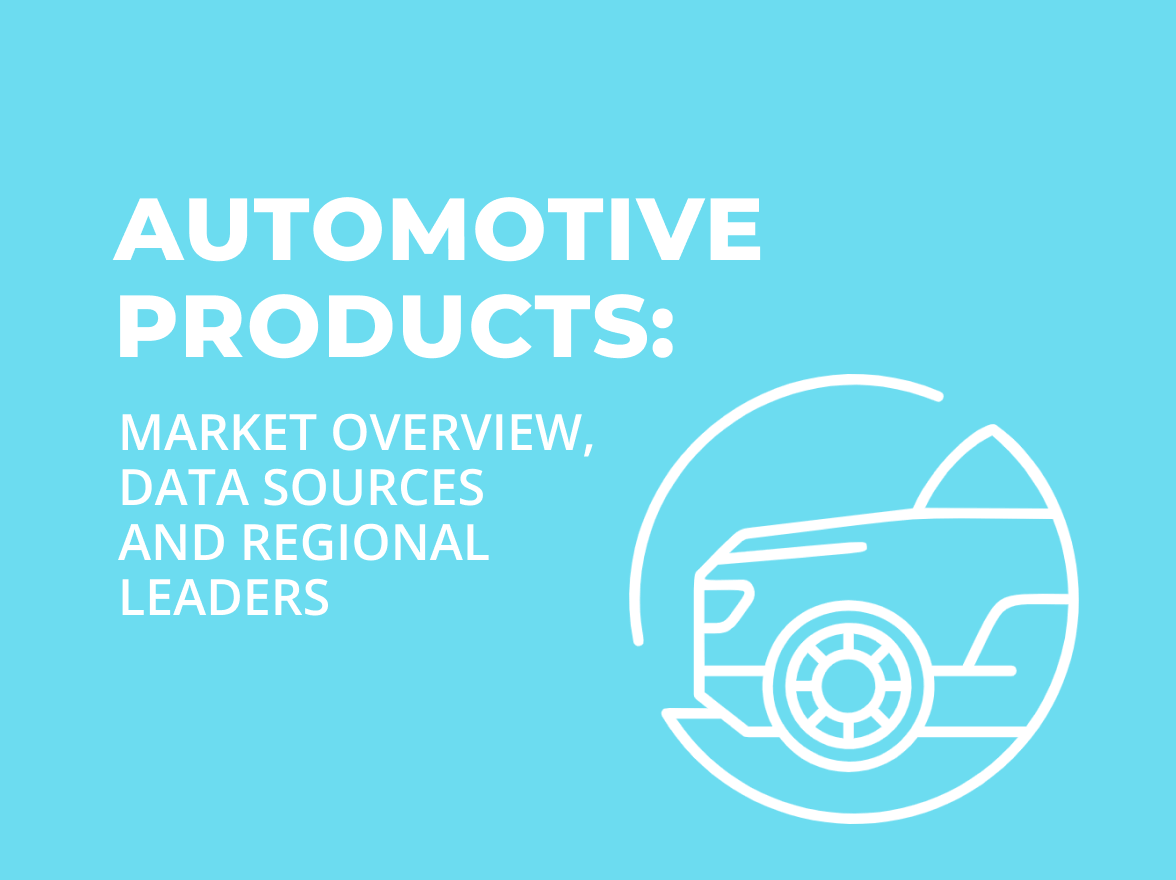
The automotive products market, spanning car and motorcycle parts, accessories, consumables, tools, and tires, is vast, resilient, and increasingly digital-first.
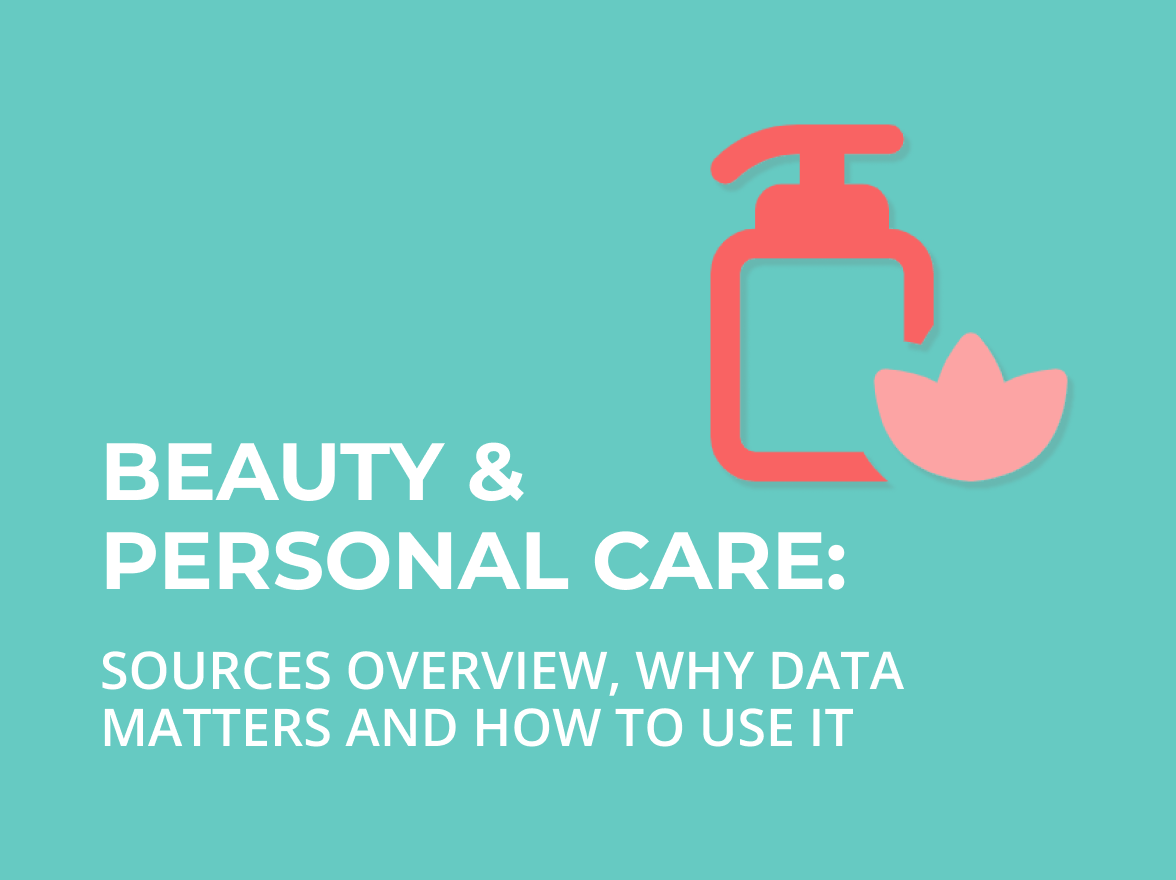
The Beauty & Personal Care market is rapidly evolving — fragmented across private-label drugstores, prestige specialists, and fast-scaling e-commerce platforms.
you're currently offline